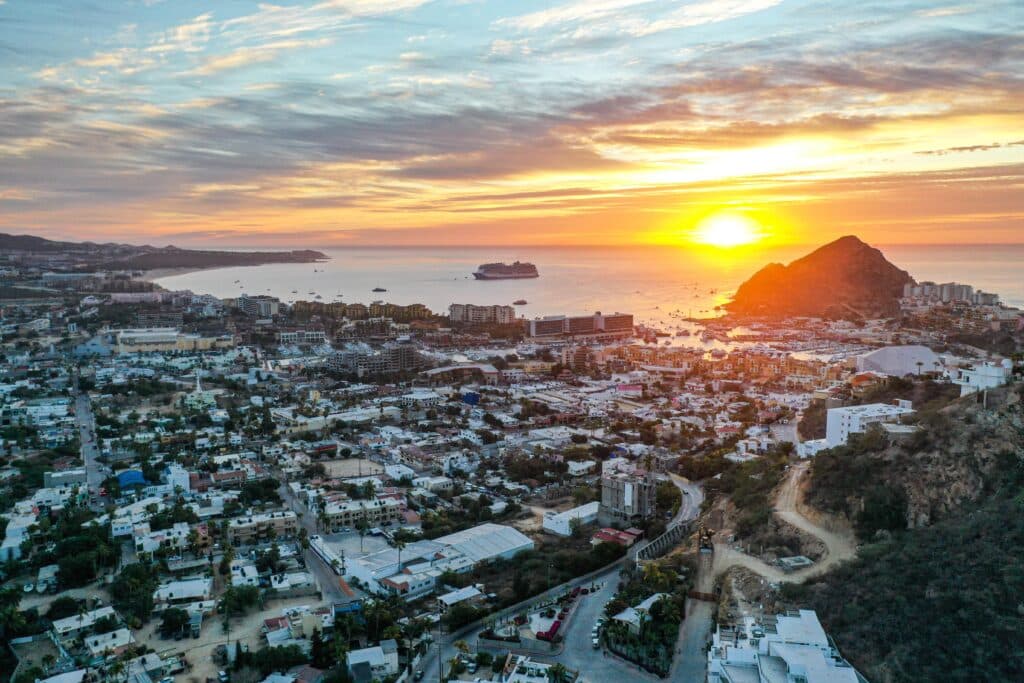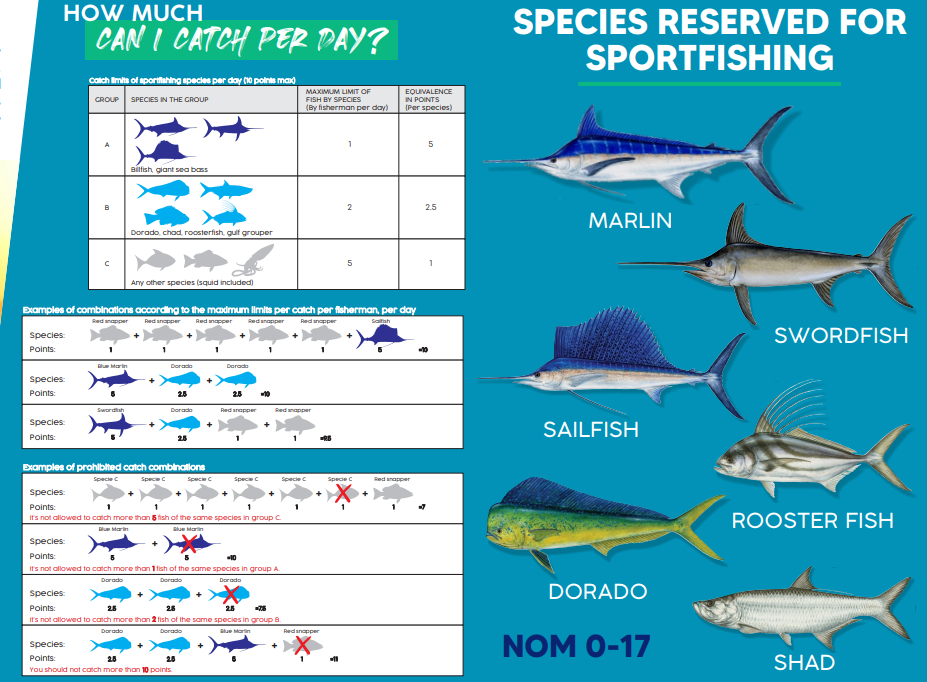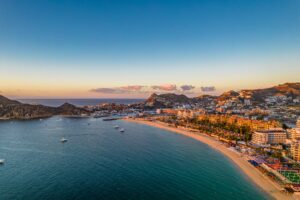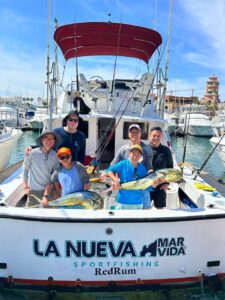Is Cabo Safe?
Cabo San Lucas, a world-class Mexican destination, welcomes greater than 3 million tourists every year arriving through air and cruises. Los Cabos tourism is booming as it has grown by 16%, 1.5 times the overall pace of Mexico. Cabo San Lucas and its proximity to the US and air connectivity via commercial or private aviation has allowed travelers of all types to visit the destination with confidence.
Seventy percent of visitors are repeated guests, and over Ninety percent of first-time visitors say they would return. With almost 356 sunny days a year and within a 3 hour flight away from 24 cities in the U.S., Los Cabos continues to sustain an impressive amount of growth to solidify its position as the crown jewel of all destinations in Mexico.
With the recent news of crime occurring in Mexico (specifically on Mexican border towns, not close to Cabo) there has been an increased concern of whether it is safe to travel to Los Cabos.
Cabo is statistically safer than many major US cities; for example, San Diego had a crime rate of 374 violent crimes per 100,000 people in 2021, and Cabo’s crime rate for 2021 was 138.26 crimes per 100,000 people for the same period.
Safety In Los Cabos
Crime does occur in Cabo, just as it does in every part of the world. Due to Cabo being located on the very isolated Southern tip of the peninsula, it is not a city that commonly sees cartel violence. It is incredibly uncommon for it to occur in the tourist areas of Cabo San Lucas. The tourist areas of Cabo include the following:
- San Jose del Cabo Airport
- Toll Roads from to and from Airport
- Carretera Penninsular (Penninsular Highway from San Jose to Los Cabos) including the hotel strip, “Tourist Corridor” and the road to Todos Santos.
- Downtown San Jose del Cabo, and San Jose Marina
- Downtown Cabo San Lucas and the Cabo San Lucas Marina
- Beaches (Medano Beach, Chileno Bay, Santa Maria, Cerritos and more)
- Grocery Stores (Walmart, Costco, Fresko, Chedraui and others)
- Restaurants and Bars

The government and tourism sector have worked incredibly hard to ensure that tourists not only feel safe while traveling to Cabo San Lucas but are safe while exploring this stunning region of Mexico. While a large Police or Marine presence might make some feel uneasy, they are here to keep the area safe and secure for tourists.
The U.S. Department of State’s website does advise travelers to exercise increased caution in the state of Baja California Sur (where Cabo is located).
However, there’s no need to worry; even countries like Belgium, France and Germany have a “Level 2: Exercise Increased Caution” rating.
It’s also important to note that there are no restrictions on US government employees on visiting Baja California Sur, which includes tourist areas like Cabo San Lucas, San José del Cabo, and La Paz.
The State Department website does restrict government employees from visiting some unsafe places in Mexico, like the Mexicali Valley in Baja California (not the same as Baja California Sur).
How to stay safe in Cabo
In Cabo, there are plenty of ways to enjoy yourself while still staying safe. Here are some tips to keep you safe on your Cabo:
- Weed is still not legal in Mexico and other drugs are prohibited as well. Do not go buy drugs from sketchy vendors (or any vendors for that matter). Best case scenario, you will end up with bad weed; Worst case scenario you could end up fraternizing with some not so nice folks or spending time in a Mexican jail.
- If you decide against our advice and partake in some partying, never be alone. It is always recommended to have at least one sober person in your group to oversee and make sure everyone gets back to their resort or accommodations safely.
- Do not purchase activities, transportation, or services from unverified vendors. Many people in Cabo will be more than happy to sell you something, not all vendors are legitimate, and you may end up being scammed. We recommend always pre-scheduling your activities and transportation services before you arrive. Be sure to read reviews from reputable sites to ensure you are booking with verified providers.
- Listen to warning signs on the beaches. Some beaches are not swimmable in Cabo due to riptides, steep drops, and a lack of lifeguards. Listen to locals and don’t venture out into unfamiliar waters.
Now that we’ve cleared up those concerns, we hope to see you here in Cabo soon!






